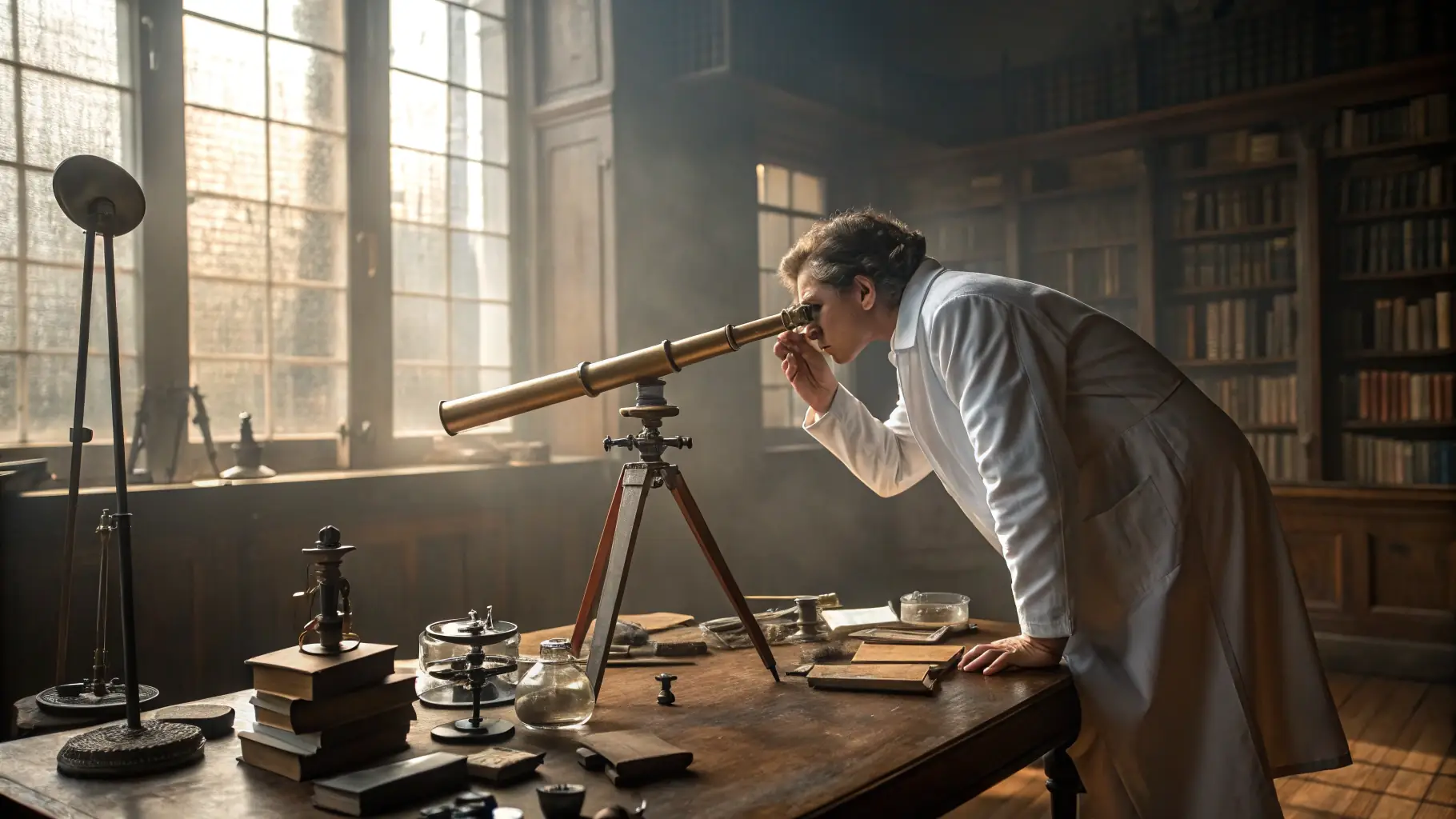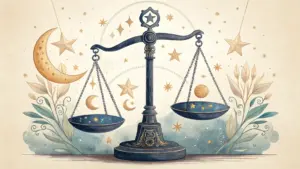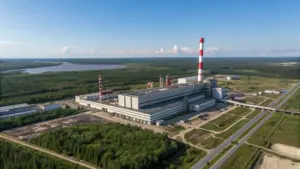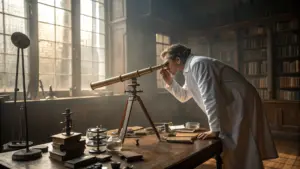The early 20th century witnessed groundbreaking discoveries in atomic physics, paving the way for the understanding of nuclear energy. Scientists like Marie Curie and Albert Einstein made pivotal contributions to our comprehension of the atom’s structure and its immense potential. The development of nuclear weapons during World War II marked a turning point, highlighting both the destructive power and the immense potential of nuclear energy. The subsequent decades saw the rise of nuclear power plants, offering a new source of energy for the world. The historical context of nuclear energy is complex and multifaceted. It encompasses scientific breakthroughs, geopolitical tensions, and the ongoing debate about the ethical and environmental implications of this powerful technology. Understanding this history is crucial for navigating the future of nuclear energy.
Ethical Considerations in Nuclear Energy
This post explores the ethical dilemmas surrounding the use of nuclear energy, from weapons development



